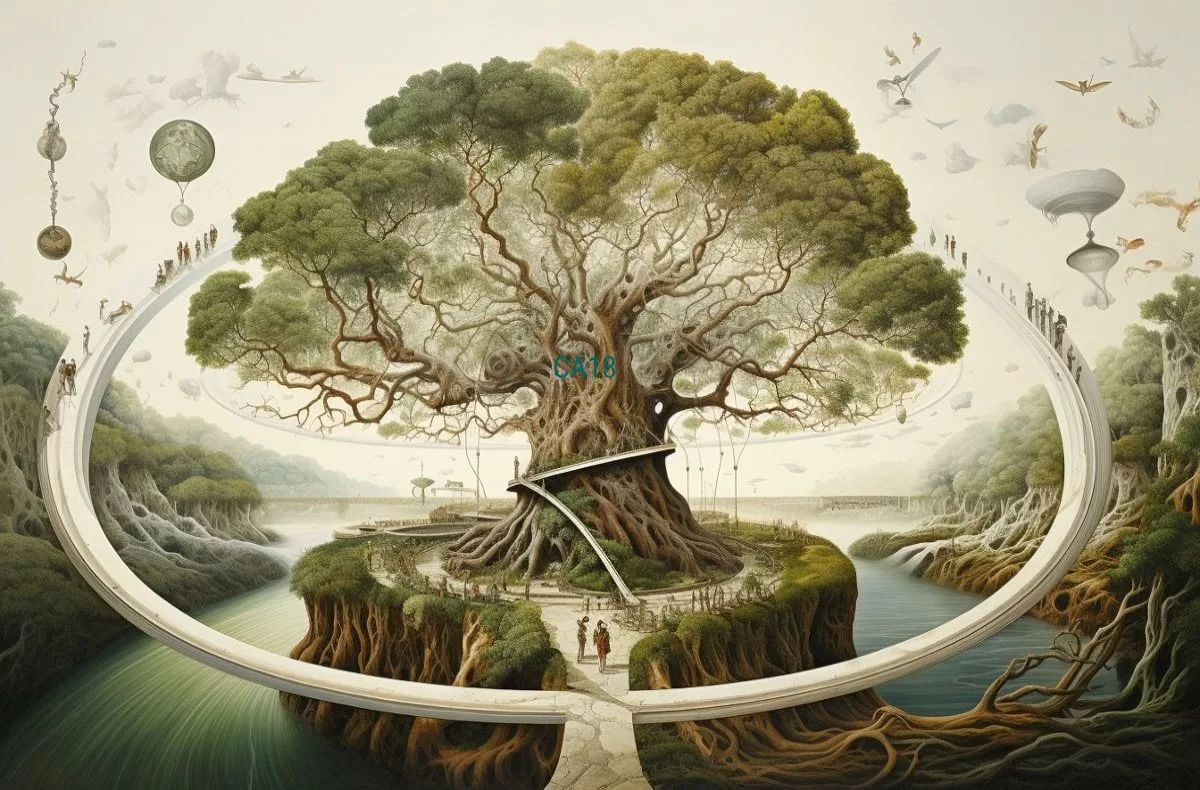The law of evolution is also known as natural selection. It states that in dangerous circumstances, only those individuals most adapted to their environment survive.
Evolution by natural selection occurs when the environment exerts pressure on a population so that only some phenotypes survive and reproduce successfully. The stronger the selective pressure, the fewer individuals make it through the sieve of natural selection.
The theory of natural selection is based on observable facts about living organisms:
- More offspring are often produced than can possibly survive.
- Traits vary among individuals with respect to their morphology, physiology, and behavior.
- Different traits confer different rates of survival.
Charles Darwin, a British naturalist, proposed the theory of biological evolution by natural selection. Darwin defined evolution as “descent with modification,” the idea that species change over time, give rise to new species, and share a common ancestor.
“We see Darwinian evolution as a specific case of a more general process that applies to nonliving systems as well,” said Dr Michael Wong, first author of the research, based at the Carnegie Institution for Science.
“Our proposal applies to static systems, like minerals, and also to dynamic systems, like hurricanes, stars and life.”
Writing in the journal Proceedings of the National Academy of Sciences, Wong and colleagues say that prior to their work there was no law of increasing complexity, despite many living and nonliving systems evolving over time to display greater diversity, distribution or patterned behaviour.
For example, although young stars are primarily composed of hydrogen, which is then fused to produce helium, they can – depending on their size – eventually generate more than 100 elements.
Now the team have proposed a law along such lines, suggesting it is underpinned by a similar mechanism to the one already identified in living organisms.
“The functional information of a system will increase (ie, the system will evolve) if many different configurations of the system are subjected to selection for one or more functions,” the researchers write.
They identified three selection pressures that apply to evolving systems: stability, novelty and the ability to continue fundamental processes.
Wong said the new law offered a view of the cosmos rooted in function and highlights important relationships such as how new functions may emerge in the context of new environmental features, inviting important and introspective questions.
“After all, Earth’s biosphere is the most complex evolving system we know of so far. We ought to ask ourselves: what functions are we promoting (or damaging) in our own evolving biosphere? What features of our present-day society are conducive to not only long-term persistence but long-term thriving, and what aspects require changing?” he said.
Prof Milan Ćirković of the Belgrade astronomical observatory and the Future of Humanity Institute at Oxford University, described the work as “a breeze of fresh air blowing over the difficult terrain at the tri-junction of astrobiology, systems science and evolutionary theory”.
However others, including the UK’s astronomer royal, were less convinced. “Given an immense amount of space and time, and the laws of physics and chemistry, an expanding variety of materials, environments and structures will emerge in the inanimate world,” said Prof Martin Rees.
“But I don’t see that this need be a manifestation of any new underlying principle analogous to the role of Darwinian selection via inheritance in the biological world.”

